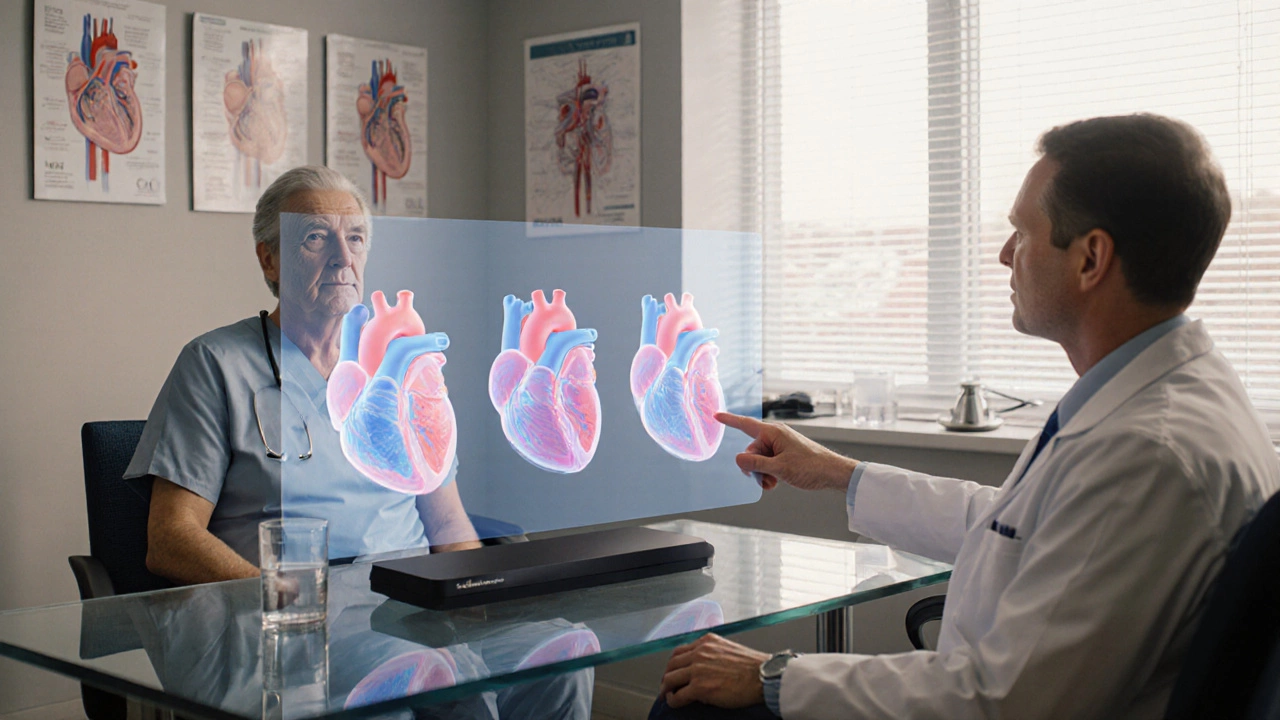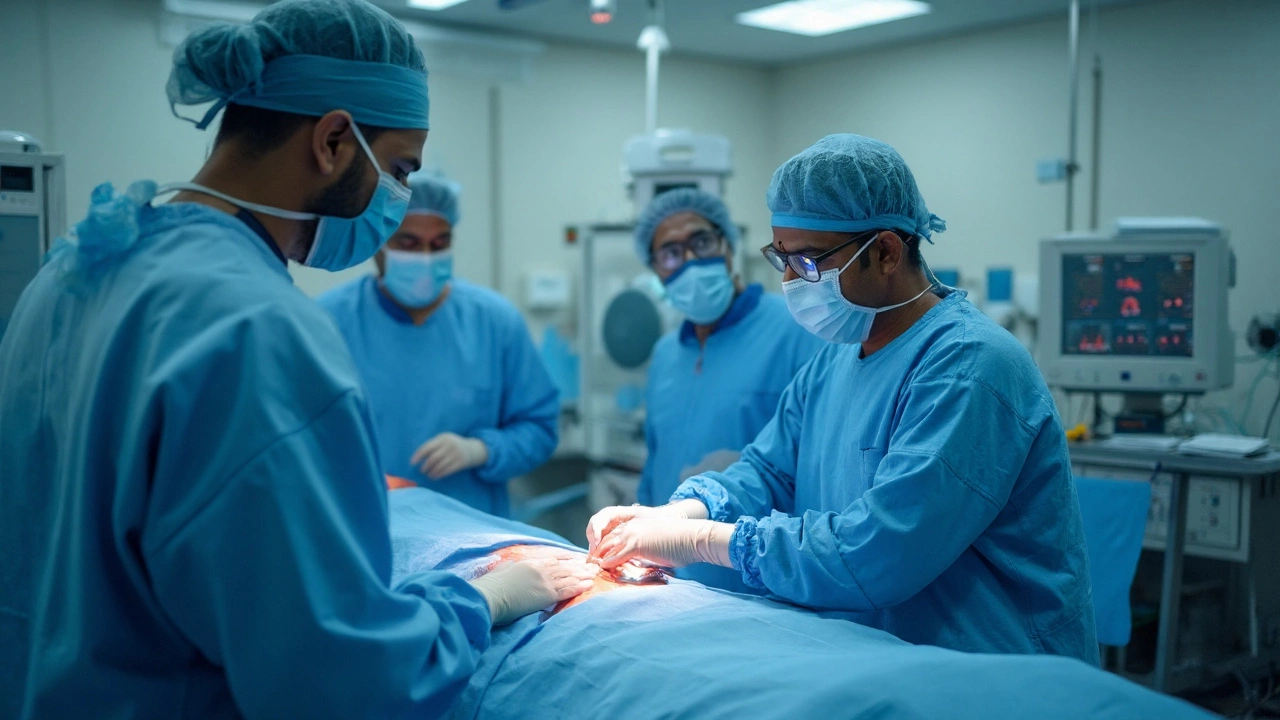Heart Surgery: What You Need to Know Before, During and After
Thinking about heart surgery can feel overwhelming. You probably have a list of questions running through your mind – how long will it take, what are the risks, and how will life look afterward? This guide breaks down the most common concerns in plain language so you can feel a bit more in control.
First off, heart surgery isn’t a one‑size‑fits‑all procedure. There are many types – from valve replacements to coronary bypasses – and each has its own timeline and recovery path. In general, the actual operation can last anywhere from a couple of hours to a full day, depending on complexity. Factors like your age, overall health, and the specific technique used all play a role.
What to Expect Before and After Surgery
Before you go into the operating room, the surgical team will run several tests – blood work, imaging, and sometimes a stress test – to map out the exact problem. They’ll also give you a detailed schedule so you know when you’ll be in pre‑op, on the table, and in the recovery unit.
After the incision is closed, you’ll spend a few hours in the intensive care unit (ICU). Here nurses keep a close eye on your heart rhythm, breathing, and pain levels. Most patients start moving their legs and doing light breathing exercises within the first day to reduce complications.
When it comes to getting back home, the real work begins. You’ll need basic equipment like a sturdy chair, a walking aid, and perhaps a small pillow for proper positioning. Family members play a huge part in handling medication, preparing meals, and providing emotional support. A typical home recovery timeline ranges from a few weeks for simple procedures to three months for more invasive surgeries.
Key Factors That Influence Outcomes
Age is a common worry. While there isn’t a strict cutoff, surgeons look at overall health rather than just the number on your birthday. Older patients who stay active, control blood pressure, and follow a heart‑healthy diet usually do just as well as younger folks.
Risk levels also depend on the type of operation. For instance, heart transplants and complex valve repairs sit at the higher end of the risk spectrum, while a coronary artery bypass is considered moderate. Understanding these differences helps you ask the right questions during doctor visits.
Emotions can run high after a big operation. Many people report feeling unusually angry or irritable in the weeks following surgery. Hormonal changes, pain medication, and the stress of recovery all contribute. Talking to a mental‑health professional or joining a support group can make a big difference.
Finally, remember that every heart surgery story is unique. Some patients bounce back quickly, while others need more time and help. Keep an open line of communication with your cardiac team, track your progress, and don’t hesitate to ask for assistance when you need it.
This category gathers articles that dive deeper into each of these topics – from the exact duration of heart surgery to the toughest procedures, from home recovery checklists to coping with mood swings. Use them as a toolbox to answer specific questions and build confidence as you or a loved one navigates the heart surgery journey.
















